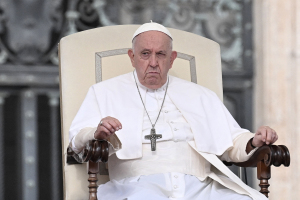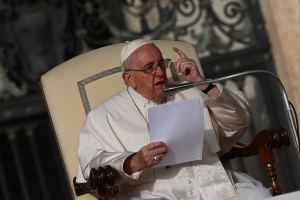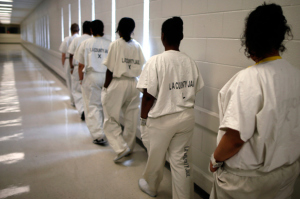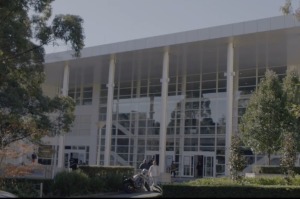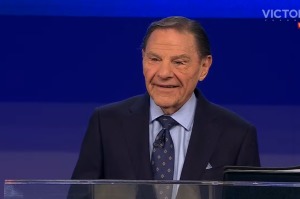Judge Drops Fla. 'Religious Freedom' Amendment From 2012 Ballot
The groups who filed a lawsuit against Florida's proposed religious freedom amendment, Amendment 7, are rejoicing this week after a judge decided to take the issue off the November 2012 ballot, saying the ballot's description of the amendment was too “ambiguous” for voters to base their decision on.
Circuit Judge Terry P. Lewis wrote in his decision Tuesday that “the ballot summary is ambiguous and misleading.” However, he also said the attorney general can rewrite the amendment's description and resubmit it for the court's consideration, giving proponents of the amendment hope that it will still make it on the ballot for November.
“That the court found the Legislature’s ballot language misleading should come as no surprise. The Legislature clearly wanted to disguise its true intentions with misleading language rather than admit to voters what the real agenda was,” Howard Simon, executive director of the ACLU of Florida, said in a statement.
“The so-called 'Religious Freedom' amendment isn’t about religious freedom – it’s about forcing taxpayers to provide funding for the religious activities of churches, mosques and synagogues. In fact, eliminating Florida’s protection against taxpayer funding of religious activities may be the greatest threat to religious freedom the state has seen in years,” said Simon.
Andy Ford, president of the Florida Education Association (FEA), also released a statement applauding Lewis' decision to not allow Florida voters to decide the issue based on the ballot as written. The FEA was just one of the plaintiffs who filed suit against the amendment.
“Amendment 7 would have required taxpayers to fund a broad array of religious programs and institutions,” said Ford. “The judge agreed that taxpayers and voters need to be told the truth and that the purpose and effect of the amendment was not clear in the ballot summary and was misleading to voters.”
According to Article I, Section 3, of Florida's constitution, “No revenue of the state...shall ever be taken from the public treasury...in aid of any church, sect, or religious denomination or in aid of any sectarian institution.”
The proposed amendment would eliminate that phrase, and would instead replace it with the statement, “No individual or entity may be discriminated against or barred from receiving funding on the basis of religious identity or belief.”
Critics of Amendment 7 say it would allow the state to fund religious activities, but supporters say it is designed to stop discrimination against religious organizations – schools, hospitals and “other benevolent institutions” – who cannot currently receive the same funding as similar organizations that are not religiously affiliated.
Judge Lewis agreed with plaintiffs who said that it is misleading to say on the ballot that the proposed amendment is “consistent with the United States Constitution.” He said that Amendment 7 actually emphasizes a different part of the U.S. Constitution's First Amendment than the Florida constitution currently does, and it would “tilt the balance from heavy on the Establishment protection to heavy on Free Exercise” of religion if passed by voters.
He disagreed, on the other hand, with the plaintiffs' arguments that “Religious Freedom” is an inappropriate title for the issue and that the description of the amendment on the ballot would fail to properly summarize the “main effect” of Amendment 7.
Republican state representative Scott Plakon, who co-sponsored the amendment, didn't seem too upset by the judge's decision.
"As Meatloaf said, 'Two out of three ain't bad,'" said Plakon, according to the Orlando Sentinel.
Fortunately for Plakon and other Amendment 7 supporters, the state legislature also passed a law in the spring that allows the Florida attorney general to rewrite ballot summaries that have been deemed “legally defective,” so that those issues can still be placed on the ballot later on.
Attorney General Pam Bondi, who supports the proposed amendment, says her office is trying to decide what its next move is.
"It is important that voters have an opportunity to remove from our constitution a provision that discriminates against religious organizations,” Bondi said in a statement emailed to the press. “The problems identified by the trial court are easily fixable. In consultation with the Department of State and the Legislature, we will determine how best to proceed."
















